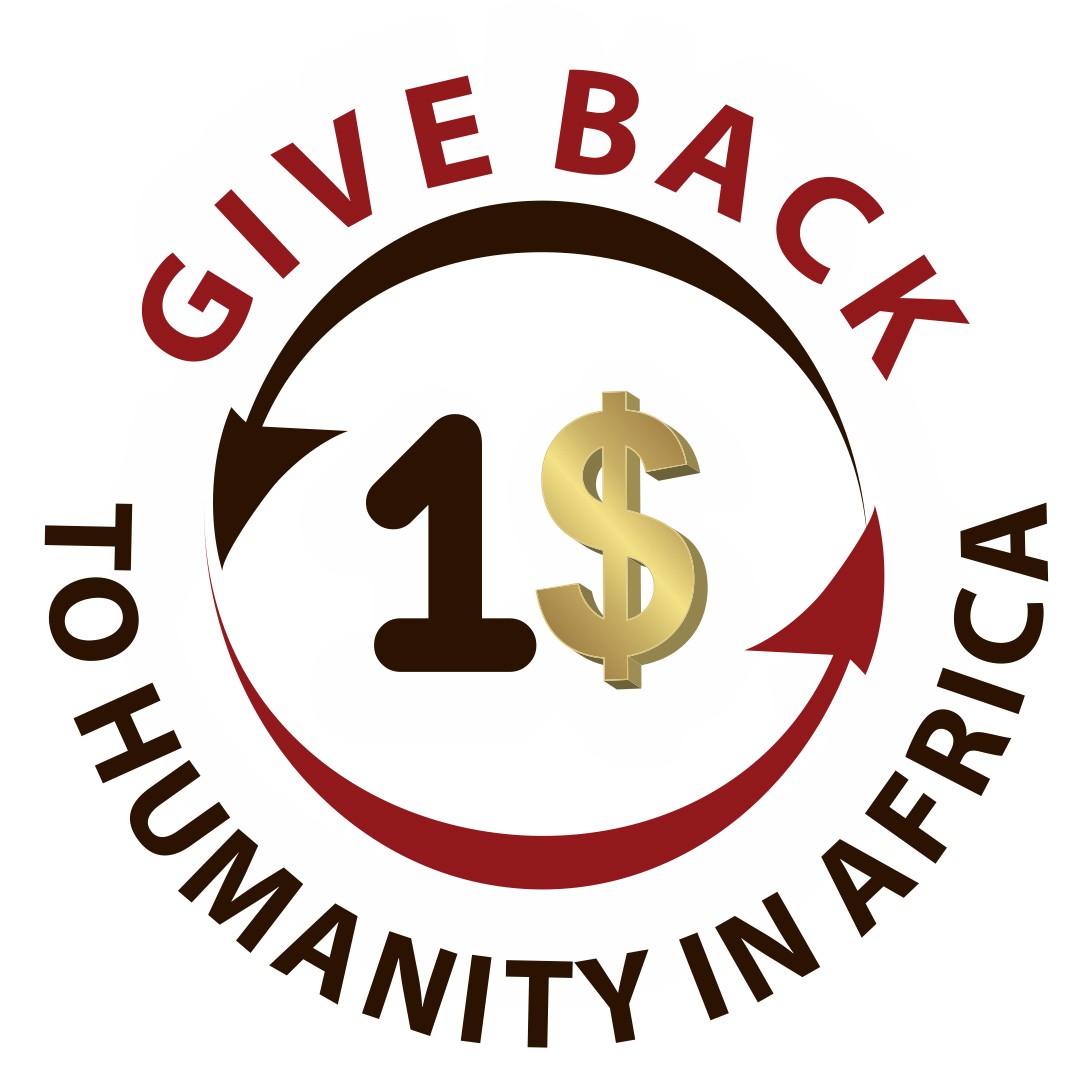No products
Prices are tax included
Categories
- Info pages and overview
- Shea Butter "SENSITIVE"-100% handmade,pure
- Shea Butter variations (Classic, MineralClassic, ProNature, WildSavanna)
- African Groundnutoil, pure
- Soaps by nature/Black Soap Alata Simena
- Moringa Oleifera Products
- Hibiscus/press cake/accessoires
- Exotic oils cold-pressed
- Shea butter "ICE", cold pressed, pure
The Dalai Lama: The gap between rich and poor people should not widen. This would be "not only morally wrong, but also the origin of many social problems".
Shea WaLe products (except Alata soaps) come from the Upper West Region in Ghana. It is the poorest region in Ghana, where over 80% of the population lives below the poverty line. That is why I am particularly pleased that we have been able to include a remote "bush village" on the border to Burkina Faso in our cooperation with women's groups since 2011 with the product BeurreDeKarité "Sensitive". On the border with Burkina Faso, it is all the more important - without much infrastructure and without any notable employers - to offer people prospects. It is obvious to offer them a perspective on what they are traditionally very good at and what we as consumers abroad appreciate - the production of handmade shea butter... enjoy.
For poverty reduction programmes to be successful, it is important that the processing of shea nuts (as a raw material) up to the production of packaging (value creation) takes place in the country, or better still, in the poorest regions. It would therefore be suboptimal if raw materials were exported and shea butter was produced abroad.
This is exactly what we try to avoid - as best we can - as much as possible. Shea WaLe tries to keep as much of the value chain as possible in Ghana or - if possible - in the Upper West Region. That's why not only Shea WaLe Shea butter or SENSITIVE, but also the original logo design, the packaging of many products, and the small SENSITIVE label...
100% Made in Ghana-
Our shea butter is bought by women at fair prices and we would like to explain to you what approach we take:
Our shea butter purchase price must be at least 40% higher than the region's best known shea butter purchase price. Due to the extra work done by women (100% handwork) for our premium product BeurreDeKarite "Sensitive", the percentage is even higher in this case.
With the help of networks of development cooperation organisations, we learned about the pricing structure of shea butter producers who also work with women's cooperatives.
This showed that our purchase prices, for example, are for Shea WaLe Shea butter CLASSIC are sometimes more than 80% above the prices that other shea butter suppliers pay to women's cooperatives. This means that we clearly exceeded our target of 40% difference.
In addition to our original approach, we are currently pursuing a "give back to humanity in Africa" approach with the product "Wild Savannah". This means that with every can of Wild Savannah Shea Butter sold, we return 1 USD to the women's cooperatives. More about this in the product description "Wild Savannah" in the online shop... enjoy.


